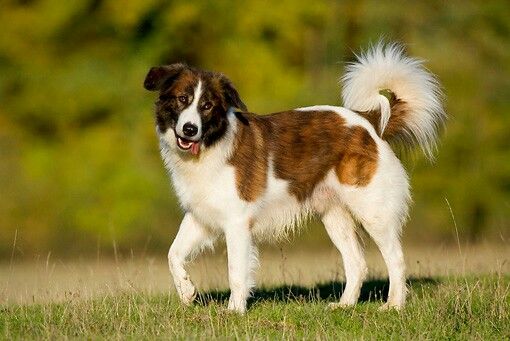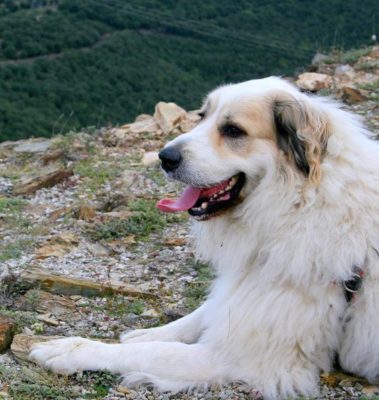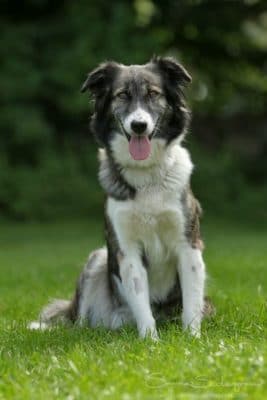Aidi
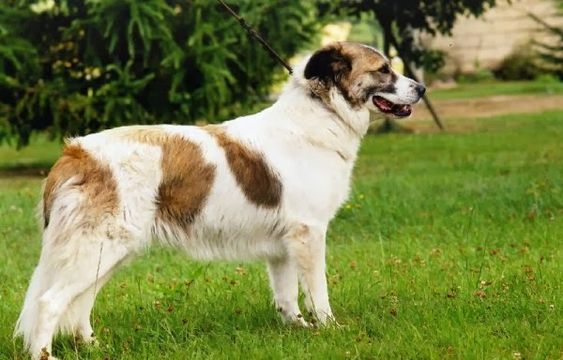
The excellent quality of a dog is its desire always to protect its territory. They are well accustomed to families and can be a good companion for children and adults. Get along well with other animals in the same territory because their Aidi is also perceived as objects to be protected. Demand a lot of affection and tenderness, so they will always want to be petted, praised, and taken with them.
Table of Contents
Breed Information
| Another Name | Atlas Mountain Dog, Atlas Shepherd Dog, Kabyle Dog, Berber Dog |
| Origin | Morocco (Maghreb) |
| Height | 52-62 cm |
| Weight | ±30 kg |
| Fur | Very dense, long |
| Color | Mostly white, although sometimes dogs of this breed can have black, black, and white, reddish-brown or reddish |
| Lifespan | 10-12 years |
| FCI Classification | Pinscher and Schnauzer – Molossoid and Swiss Mountain and Cattledogs |
| Group | Guard dogs, protection dogs |
| Price | $300 |
Breed Photos
Origin History
The homeland of the Aidi is the Atlas mountains, which are located in Morocco, Tunisia, Algeria. The breed’s history stretches back to antiquity, where the main occupation of the Aidi was hunting and tracking animals. Dogs were also excellent shepherds for livestock and protectors of farms.
The theory of the origin of the breed is unknown. There is an assumption that it appeared as a result of crossing the Spanish Mastiff and Portuguese Mastiff.
The dog adapts well to any climatic conditions because it grew up in the mountains. Now the breed is not very popular globally; the principal place of residence is in North Africa. And although it is not a very well-known breed, the FCI (Federation Cynologique International) has approved it.
Appearance
The Aidi is a medium-sized dog with well-developed muscles and noticeable muscularity. According to the standard, the dog’s eyes are slanted, the ears are semi-hanging, and the head resembles the shape of a bear’s head. The height of Aidi can be from 52 to 62 cm. Weight 20-30 kg.
The hair of the dog is thick, smooth, has an undercoat. The color can be the most diverse: the most common are white, black, black and white, reddish-brown, tiger and others. A distinctive feature of the dog is the tail, which looks like a feather in the raised state.
Character
The excellent quality of a dog is its desire always to protect its territory. They are well accustomed to families and can be a good companion for children and adults.
Get along well with other animals in the same territory because their Aidi is also perceived as objects to be protected. Demand a lot of affection and tenderness, so they will always want to be petted, praised, and taken with them.
Aidi has a beautiful quick reaction; they react instantly and get the job done. Still, you have to consider their hunting nature. Dogs are very independent, independent and if they are not shown in time which is the boss in the house, they may not obey.
Aidi does not like laziness or inactivity. They find it hard to sit still; they will always want to play, run around, and actively spend time. Aidi is quite jealous, so it is worth giving them a lot of time and attention.
Care
A positive sign of the breed is that the Aidi can live without apartment conditions problems; the main thing is to walk the dog in time and continuously give some work. If active exercise is not enough, the pet can spoil its character.
It is not recommended in a private home to keep a dog on a chain or in an aviary. It is best for the Aidi to have a free space to live in. The hair should be brushed once a week if the molting period – then every other day.
Bathe no more than twice a year. Aidi willingly bathe in open areas. It can be done in the yard. Eyes, teeth, and ears should be monitored regularly. If soiled, remove dirt gently and carefully.
Training
Representatives of this breed are very energetic, active dogs; they are not inherently lazy. It is always necessary to provide them a good release of energy with long walks, active games, and training.
Train your dog from an early age that there is only one master in the house. After all, Aidi are independent and self-sufficient and tend to make their own decisions and feel their leadership position.
If the owner has no experience in training dogs, it is better to entrust this task to professionals. After all, Aidi can be tricky and manipulative. The main thing is to take them out for walks in places where there are other dogs. Socialization is essential from an early age.
Common Diseases
Because of their natural origin, Aidi have good health and strong immunity. However, it is worth checking the pet every six months at the veterinarian. There are no hereditary diseases in the breed.
Nutrition
It is better to feed your natural dog food. The basis of nutrition should be proteins. Therefore, it is worth giving meat, fish, by-products often. The number of carbohydrates should be overseen because they can cause Aidi to become obese.
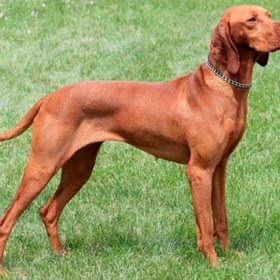 Vizsla
Vizsla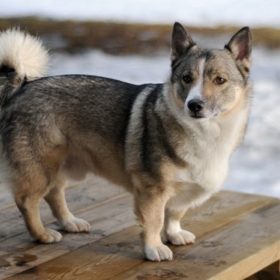 Swedish Vallhund
Swedish Vallhund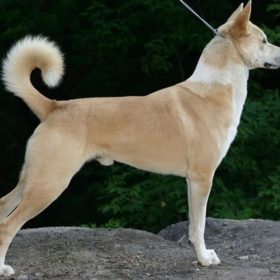 Canaan Dog
Canaan Dog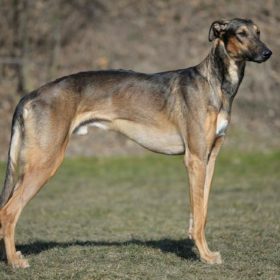 Chortai
Chortai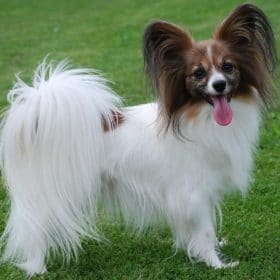 Continental Toy Spaniel
Continental Toy Spaniel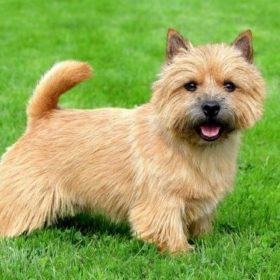 Norwich Terrier
Norwich Terrier